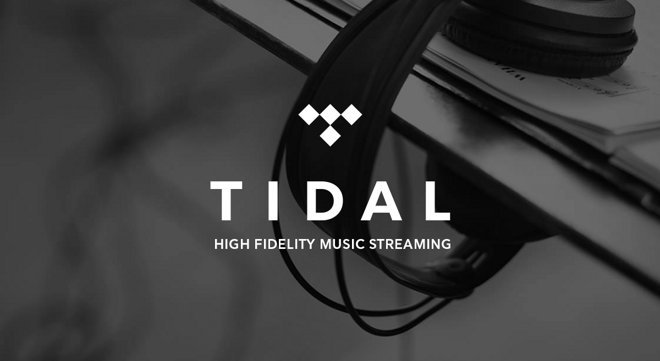Apple may be intentionally slowing the release of updates to Tidal's iOS app in an attempt to weaken the music service ahead of an impending relaunch of Beats Music, a report said on Saturday.

Sources in the music industry noted to the New York Post that while Tidal has fallen out of the top 700 iPhone apps in the App Store -- only weeks after its March 30 relaunch -- positioning is affected by downloads. Apple "deliberately took a long time to approve Tidal iOS app updates," which led to slower uptake, one of the sources said.
"Tidal had a new app on Android on April 15, but still hasn't received approval for Apple's iOS app store," the person added.
Another source for the Post said that the vice president of iTunes Content, Robert Kondrk, has told executives at Universal Music Group that artists won't be featured on the iTunes Store if they put out exclusives on Tidal. While that sort of policy is common in the music industry, Apple has allegedly gone to extra lengths to interfere.
One example given was Rihanna, whose song "American Oxygen" premiered on Tidal. That debut appeared to go smoothly, but the same source with information on the Universal talks claimed that Rihanna's songs were "scrambled" and "out of commission for periods of time" on iTunes.
An Apple spokesman told the Post that the charges about Rihanna's catalog are "not true."
Apple is believed to be working on revamping and rebranding Beats Music in an attempt to compete against on-demand music streaming services like Tidal, Spotify, and Rdio. The company could announce a relaunch at this year's Worldwide Developers Conference, which begins June 8.
Tidal promises higher-quality audio than most services and more pay to participating artists, and has been backed by high-profile acts like Beyonce, Madonna, Daft Punk, and Jack White. Because of its position in the iOS App Store, however, critics have claimed that Tidal has already bombed.
Rapper Jay-Z, who bought Tidal earlier this year, took to Twitter on Sunday to defend the service. He said for example that the service is doing "just fine" with over 770,000 subscriptions, and that neither Spotify nor the iTunes Store were immediately successful, taking years to grow.


